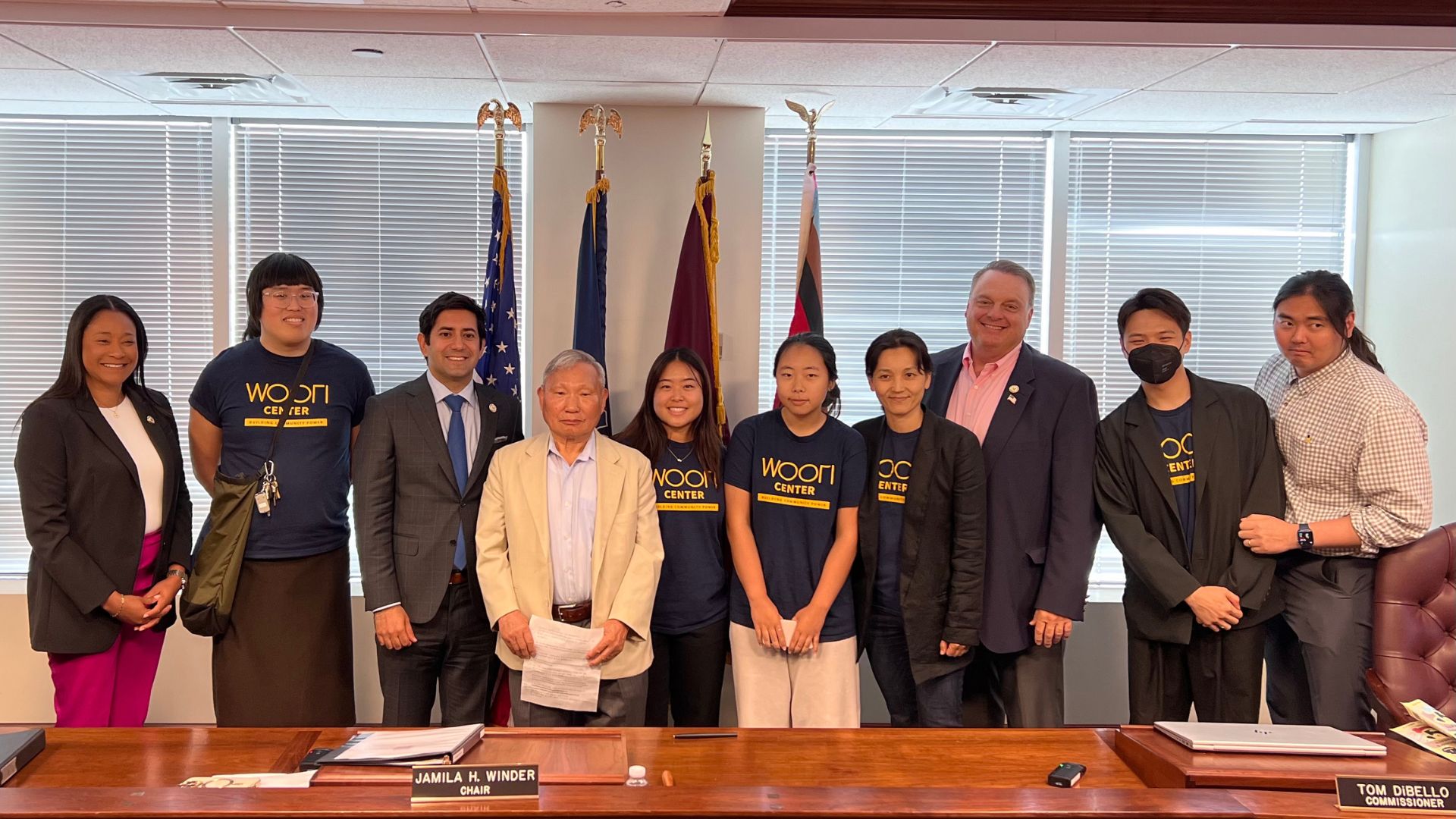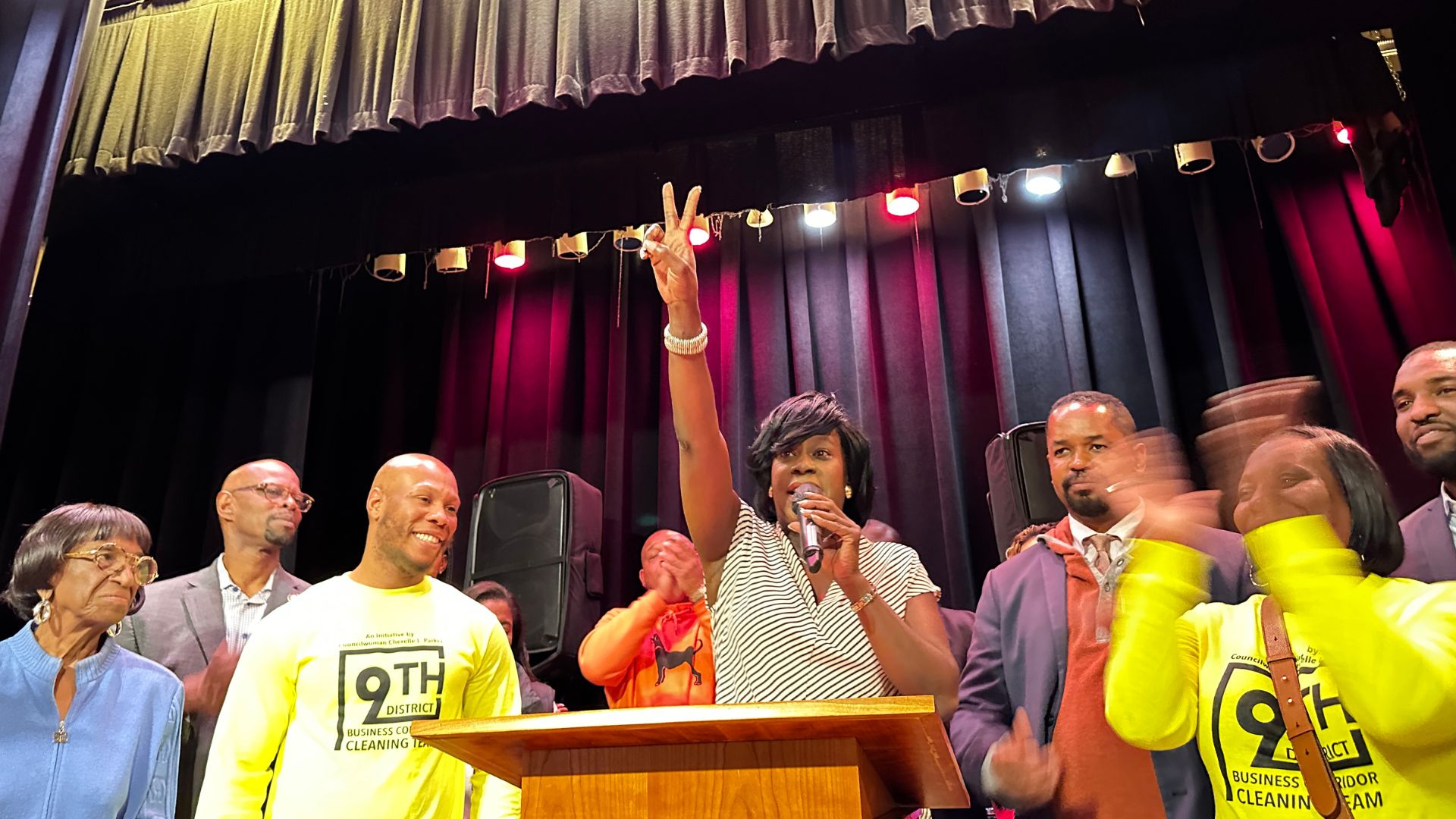[Norristown, PA] – On July 18, Woori Center, along with Korean American community members, attended Montgomery County’s Board of Commissioners and raised the urgency for Montgomery County to provide Korean translations for election materials through public comments.
Since 2000, the number of Asian American Pacific Islander (AAPI) residents in Pennsylvania grew by 141%, while the number of eligible AAPI voters in Pennsylvania grew by 55% from 2010 to 2020. In Montgomery County, there are more than 67,000 AAPI residents. Among them, 36,000 are eligible voters, representing 10.5% of the voting population. Narrowing the scope to Korean Americans, Montgomery County is home to the largest Korean American community, with over 13,000 individuals at least. However, of more than 10,000 eligible Korean American voters, only about 3,000 are registered to vote. In the U.S., over 70% of Korean Americans are recent immigrants, and roughly half speak English “less than well.”
Mel Lee, the Executive Director of Woori Center, underlining the importance of language access in elections for more inclusive democracy, stated, “Individuals with limited English proficiency face substantial barriers that prevent them from exercising their voting rights and having their voices heard. Providing translations is a crucial first step if our county is committed to ensuring equal opportunities and access to the ballot for all residents.”
In the following comment, Jung Hwan Hong, a Korean American senior with 40 years of residency in the county, shared his personal experience with these barriers. “I want to exercise my rights as a citizen properly. I hope the day will come soon when I can vote in Korean, the language I can understand well,” he said.
In response to the Korean American community’s calls for the County’s action, Commissioner Neil Makhija added, “I want to thank our friends from Woori Center, working in the Korean American community. We are talking about people who have worked and lived in the community for decades, and yet the government has not provided them with the services for them to indicate their fundamental rights. We are thinking about how to make sure that voting is accessible to those who have the right to vote.”
If Montgomery County decides to include Korean language options on ballots, it would become the ninth county nationwide to do so. Notably, in Cook County, Illinois, both the county and the city of Chicago provide voting materials in Korean, even though the local Korean population did not meet the federally mandated threshold for language access. As a result, Korean American voter participation in those areas has significantly increased.
Woori Center has conducted year-round voter engagement programs for the past six years, successfully registering over 800 voters and providing language assistance and culturally appropriate voter education. Woori Center remains committed to advocating for the rights and needs of the AAPI community.
With a few months left until the upcoming election, the progress in language access at Montgomery County is drawing the Korean and other AAPI communities’ attention.




